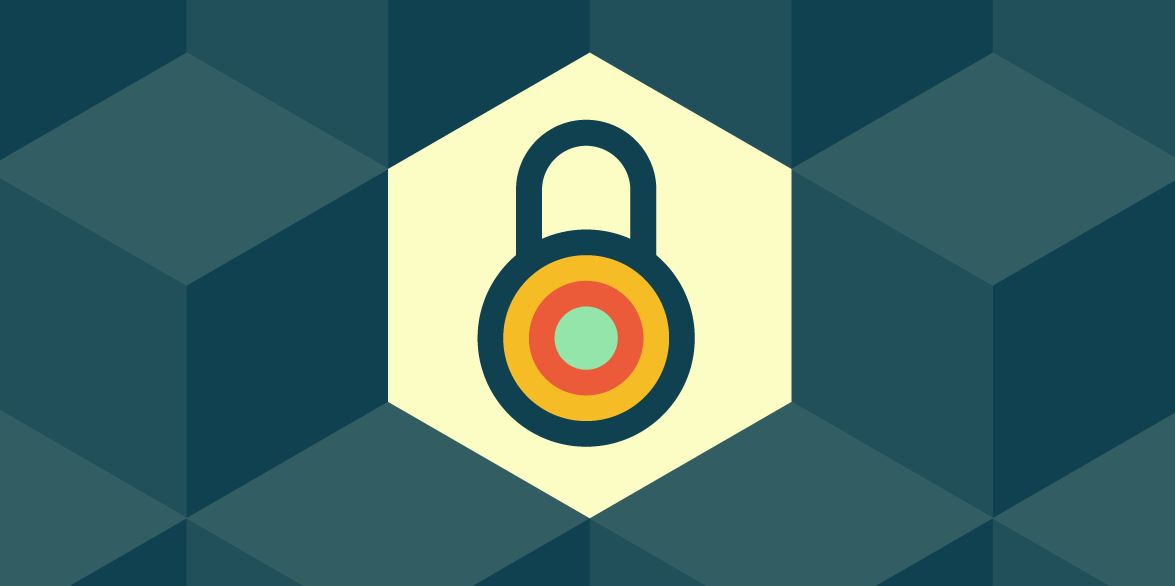 By Adam Schwartz and Alexis Hancock
By Adam Schwartz and Alexis Hancock
Digital identification can invade our privacy and aggravate existing social inequities. Designed wrong, it might be a big step towards national identification, in which every time we walk through a door or buy coffee, a record of the event is collected and aggregated. Also, any system that privileges digital identification over traditional forms will disadvantage people already at society’s margins.
So, we’re troubled by proposed rules on “mobile driver’s licenses” (or “mDLs”) from the U.S. Department of Homeland Security. And we’ve joined with the ACLU and EPIC to file comments that raise privacy and equity concerns about these rules.
The stakes are high, as the comments explain:
By making it more convenient to show ID and thus easier to ask for it, digital IDs would inevitably make demands for ID more frequent in American life. They may also lead to the routine use of automated or “robot” ID checks carried out not by humans but by machines, causing such demands to proliferate even more. Depending on how a digital ID is designed, it could also allow centralized tracking of all ID checks, and raise other privacy issues. And we would be likely to see demands for driver’s license checks become widespread online, which would enormously expand the tracking information such ID checks could create. In the worst case, this would make it nearly impossible to engage in online activities that aren’t tied to our verified, real-world identities, thus hampering the ability to engage in constitutionally protected anonymous speech and facilitating privacy-destroying persistent tracking of our activities and associations.
Longer-term, if digital IDs replace physical documents entirely, or if physical-only document holders are placed at a disadvantage, that could have significant implications for equity and fairness in American life. Many people do not have smartphones, including many from our most vulnerable communities. Studies have found that 15 percent of the population does not own a smartphone, including almost 40 percent of people over 65 and 24 percent of people who make less than $30,000 a year.
Finally, we are concerned that the DHS proposal layers REAL ID with mDL. REAL ID has many privacy problems, which should not be carried over into mDLs. Moreover, if a person had an mDL issued by a state DMV, that would address forgery and cloning concerns, without the need for REAL ID and its privacy problems.
Source: EFF.org
Become a Patron!
Or support us at SubscribeStar
Donate cryptocurrency HERE
Subscribe to Activist Post for truth, peace, and freedom news. Follow us on Telegram, SoMee, HIVE, Flote, Minds, MeWe, Twitter, Gab, Ruqqus , GETTR and What Really Happened.
Provide, Protect and Profit from what’s coming! Get a free issue of Counter Markets today.